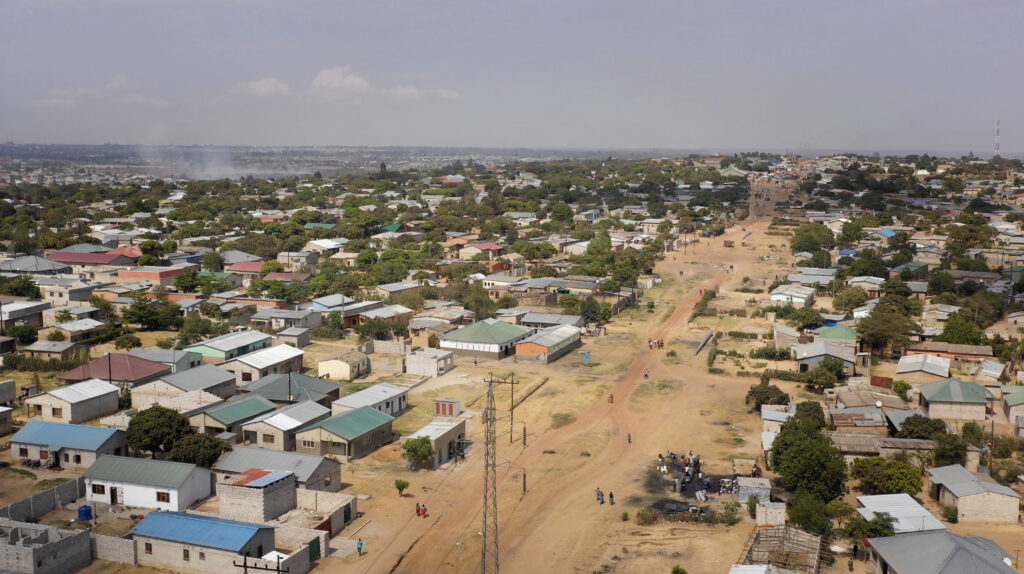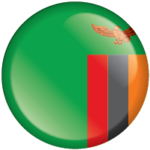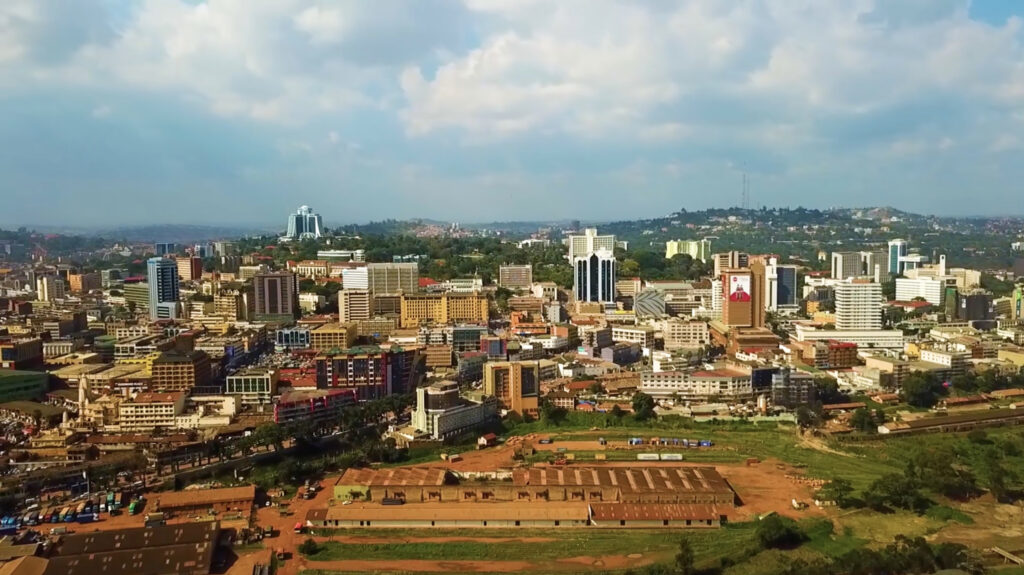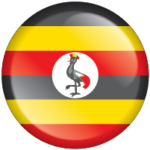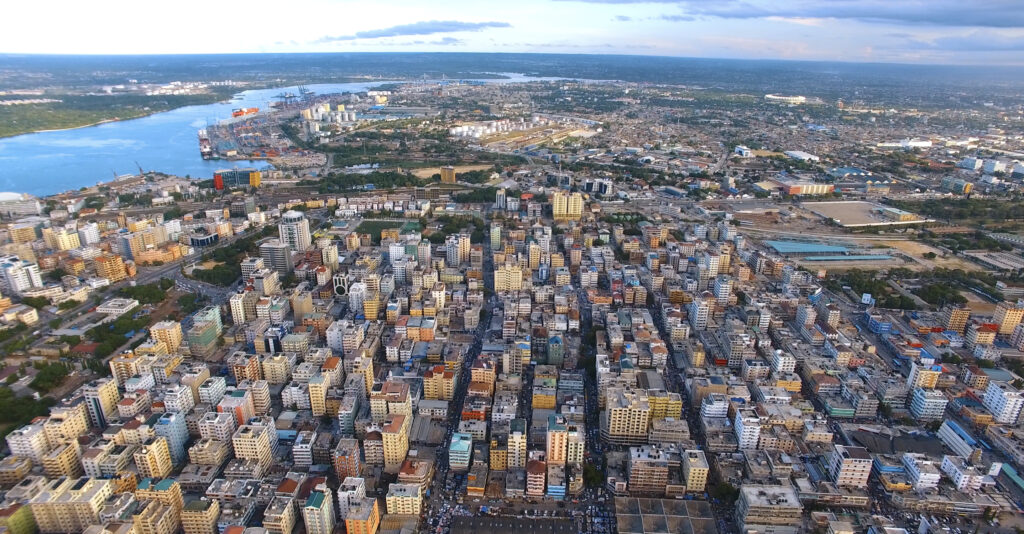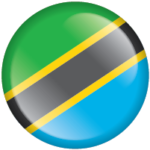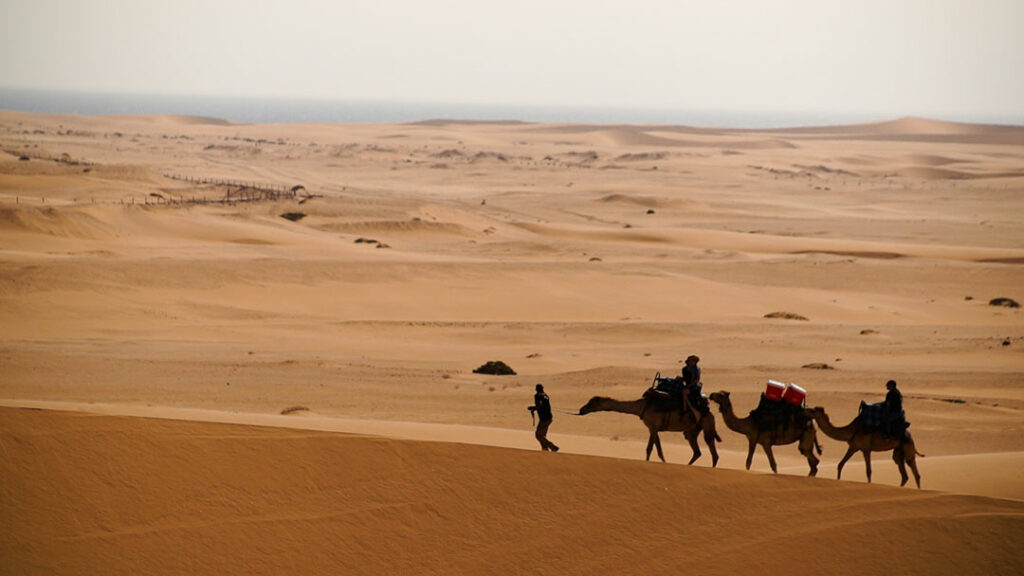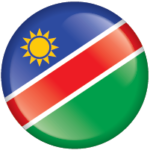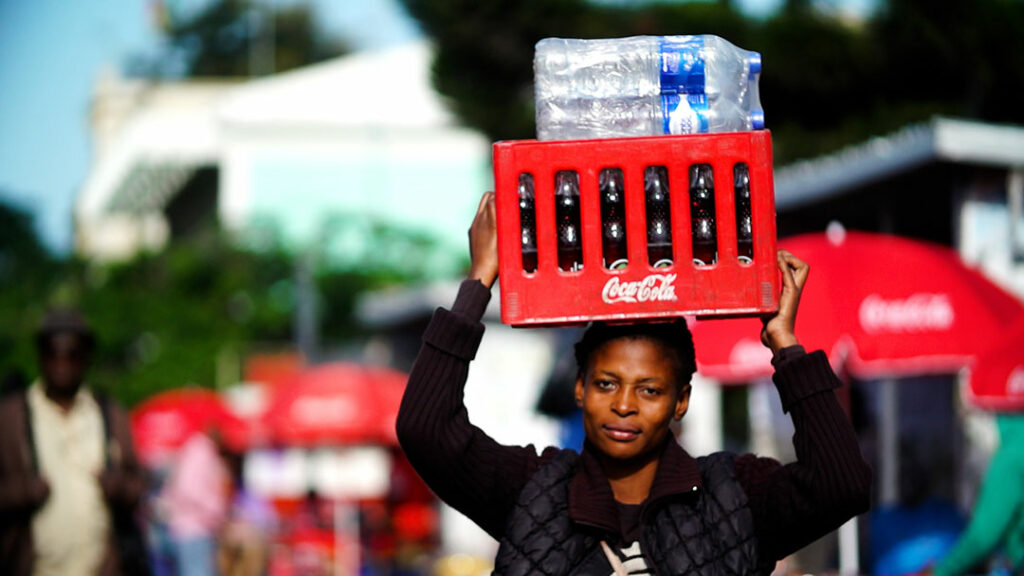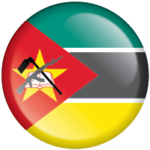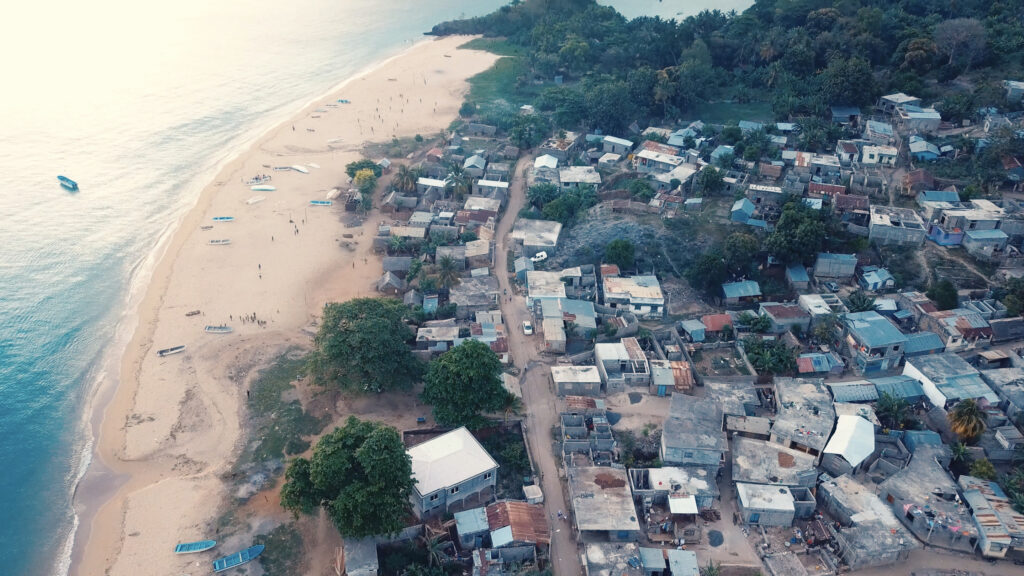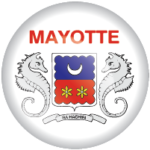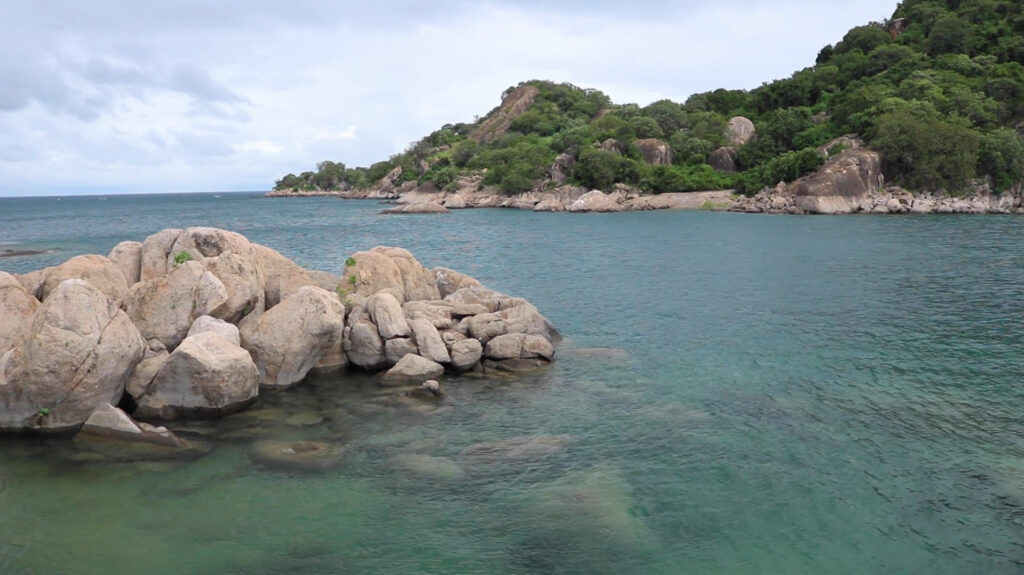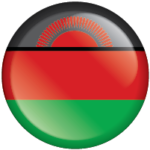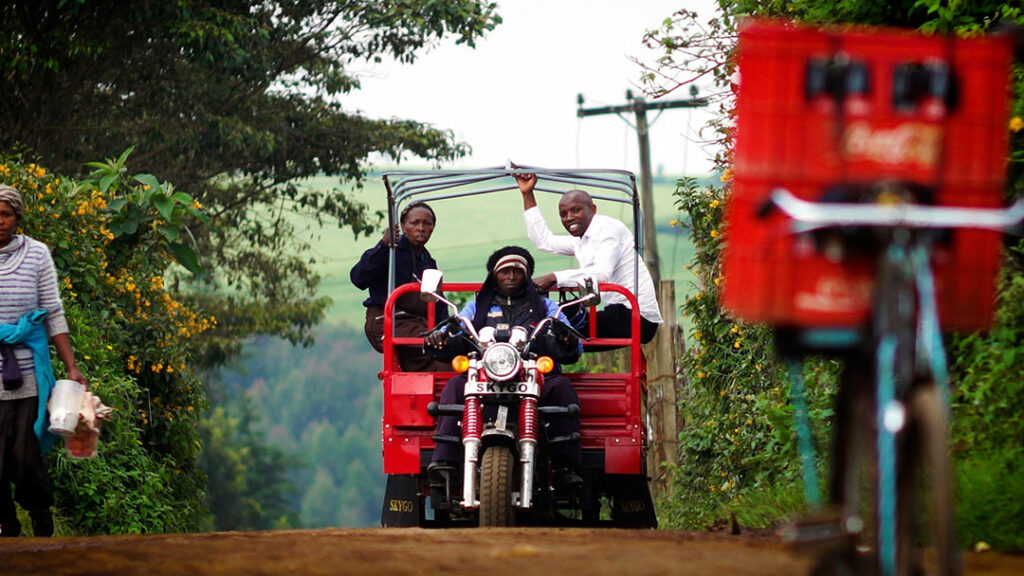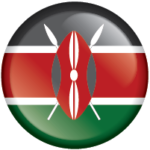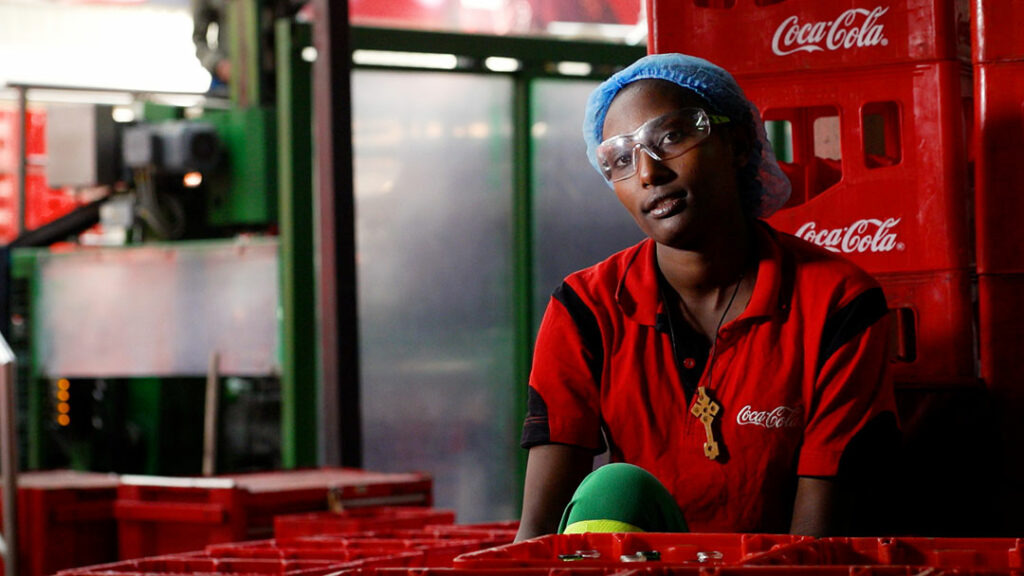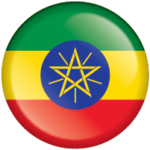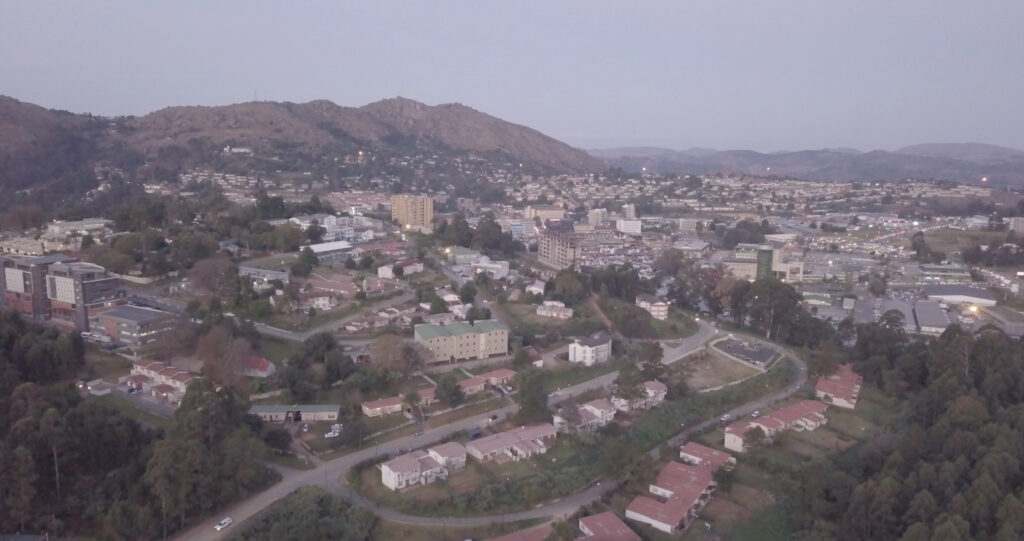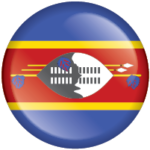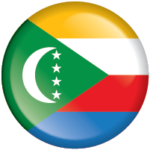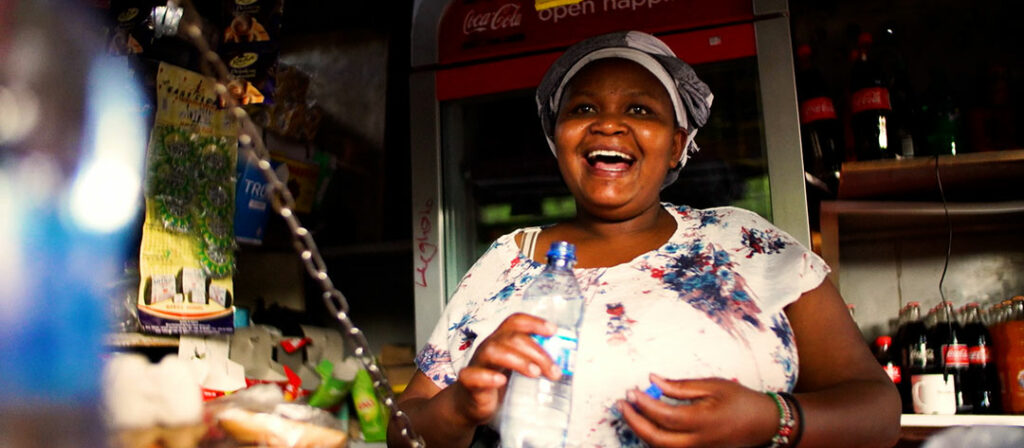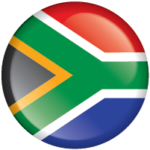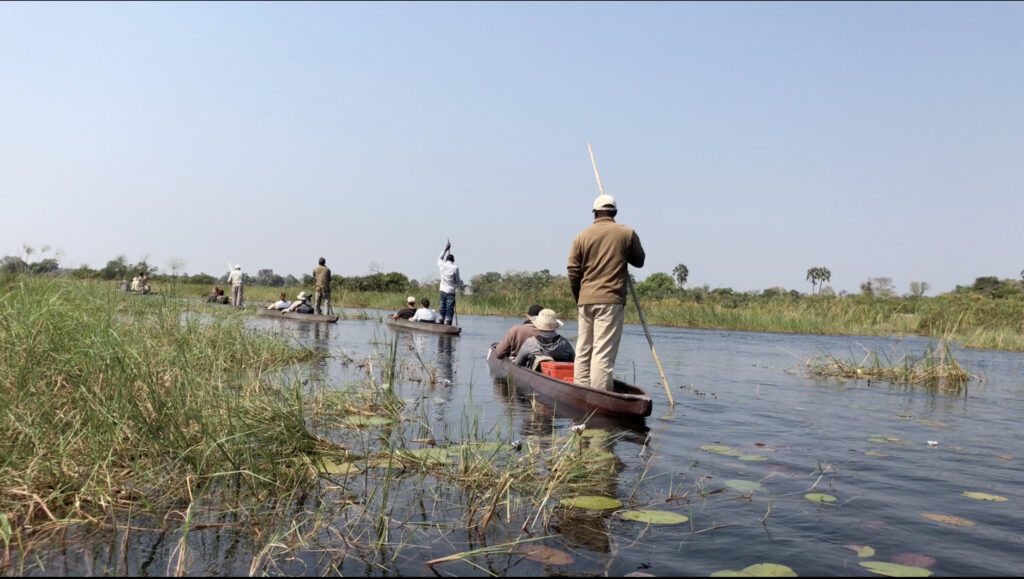Opinion editorial by Tshidi Ramogase, Chief Public Affairs, Communication and Sustainability Officer, Coca-Cola Beverages Africa
Conflict, climate change, the lingering financial impacts of the Covid-19 pandemic and sharp food price inflation are causing acute food insecurity in Africa.
According to the World Food Programme, the number of East Africans suffering from a severe lack of food spiked by 60% last year, and by nearly 40% in West Africa.1
While some of these effects are temporary, climate change is accelerating and its impacts will be felt more severely on the continent than almost anywhere else.
According to the Intergovernmental Panel on Climate Change (IPCC), Africa is vulnerable to multiple and compound climate-related risks for global temperature increases between 1.5°C and 2°C of global warming, with greater proportions of people exposed and susceptible to poverty.2
This would have significant impacts on water resources, agriculture, and human health. A study by the African Development Bank (AfDB) found that climate change could lead to Western and Eastern Africa losing up to about 15 per cent of their gross domestic product (GDP) by 2050.3
Watershed replenishment is one essential strategy for building climate resilience in Africa and ensuring sustainable water resources for future generations.
It can help to reduce the economic costs of climate change by improving water availability and quality, supporting agricultural productivity, and enhancing ecosystem services.
Africa’s watersheds are under increasing pressure from climate change, deforestation, agricultural and human settlement encroachment, and unsustainable water-use practices. As watersheds are degraded, water availability and quality decreases and the impacts of climate change exacerbated.
Freshwater and marine ecosystems and their biodiversity underpin sustainable development and human wellbeing in Africa, and Africa hosts some of the most unique ecosystems in the world.
For example, the Congo Basin Forest is one of the world’s most valuable ecosystems as it stores more than 60 billion metric tons of carbon, according to the United Nations Environmental Programme. This is more than all the tropical forests in the Amazon and in Asia, combined. However, many ecosystems in the region are facing severe degradation leading to the loss of biodiversity and the impairment or disruption of ecosystem functions and services.4
Reforestation, soil conservation, agroforestry and water harvesting can help to restore or enhance the natural functions of a watershed to increase its water-holding capacity, reduce erosion, and improve water quality.
As the first ingredient in most of our beverages, safe, clean water is also critical to the long-term success of Coca-Cola Beverages Africa’s (CCBA) business. A number of the countries where CCBA operates are water-stressed and in this context, we take our water stewardship responsibilities very seriously.
We continue to manage water resources through country projects that reduce water use in our operations, protect local water resources and provide safe, clean drinking water to communities in need.
Our 2030 Water Strategy has three focus areas: regenerative operations, resilient communities and healthy watersheds.
For example, through a partnership with the environmental society, Nature Kenya, CCBA in Kenya started a journey towards restoring 90ha of the Mount Kenya forest, which will consequently replenish 90 million litres of water at the Tana River water catchment area.
The MOU was signed in 2021 and the project is subdivided into three phases of 30ha of restoration each, accommodating 1,000 seedling per hectare, and runs up to the end of 2023.
Thanks to the partnership, CCBA in Kenya grew 30,000 seedlings by the end of 2021 to restore 30ha of forest, which translates to 30 million litres of replenished water when the trees are fully matured in 15 years.
The project empowered approximately 1,500 people from the community forest associations, through purchasing seedlings and sourcing tree maintenance services.
Despite the many benefits of watershed replenishment, there are significant challenges to its implementation in Africa. These include limited funding and resources, inadequate policies and institutional frameworks, and lack of community participation and ownership. Addressing these challenges will require a collaborative approach, involving governments, civil society, the private sector and local communities.
According to the World Bank, improved water stewardship pays high economic dividends. When governments respond to water shortages by boosting efficiency and allocating even 25% of water to more highly-valued uses, such as more efficient agricultural practices, losses decline dramatically and for some regions may even vanish.5
There are already many successful examples of watershed replenishment projects in Africa, demonstrating the potential for scaling up and replicating these interventions across the continent. For example, the African Forest Landscape Restoration Initiative, launched in 2017, aims to restore 100 million hectares of degraded land in Africa by 2030, with a focus on watershed management and sustainable agriculture.
To achieve its full potential, watershed replenishment must be integrated into national and regional policies and strategies, supported by adequate funding and institutional frameworks, and driven by community participation and ownership.
The private sector, and companies like CCBA, have a key role in supporting watershed replenishment on the continent – a responsibility that is aligned to our vision to refresh Africa every day and make the continent a better place for all.
*Update* On December 2, 2024, The Coca-Cola Company announced updated voluntary environmental goals. Read more here: The Coca-Cola Company Evolves Voluntary Environmental Goals
References:
- https://www.reuters.com/graphics/AFRICA-HUNGER/lgpdkknwlvo/
- Intergovernmental Panel on Climate Change (2018). https://www.ipcc.ch/sr15/chapter/spm/
- https://www.afdb.org/sites/default/files/documents/publications/afdb-economics_of_climate_change_in_africa.pdf
- https://www.unep.org/regions/africa/regional-initiatives/supporting-sound-ecosystem-management
- World Bank (2016). High and Dry: Climate Change, Water, and the Economy. https://www.worldbank.org/en/topic/water/publication/high-and-dry-climate-change-water-and-the-economy
